Despite having a reputation as one of the greatest science fiction movies ever made, doesn't have a fan in James Cameron. Few filmmakers have had as big an impact on sci-fi movies as we know them today as James Cameron. His dedication to his craft sets him apart from his contemporaries, which makes him an influential figure working in the genre. Breaking movie records since 1984, James Cameron has. These statistics become even more impressive when one considers that there are less than a dozen movies directed by James Cameron.
So, it is not surprising that Cameron, who started directing films in the '80s and would eventually prove himself to be a visionary, was impacted as a 13-year-old by one of the greatest sci-fi movies ever made. A drama film that verges on becoming horror, Stanley Kubrick's 2001: A Space Odyssey, which came out in 1968, wasn't just ahead of its time, but also pushed the boundaries of what sci-fi could do, in terms of scope and characterization. However, despite feeling inspired by it, Cameron explained 7 years ago in an interview that he never liked it (via The Star).
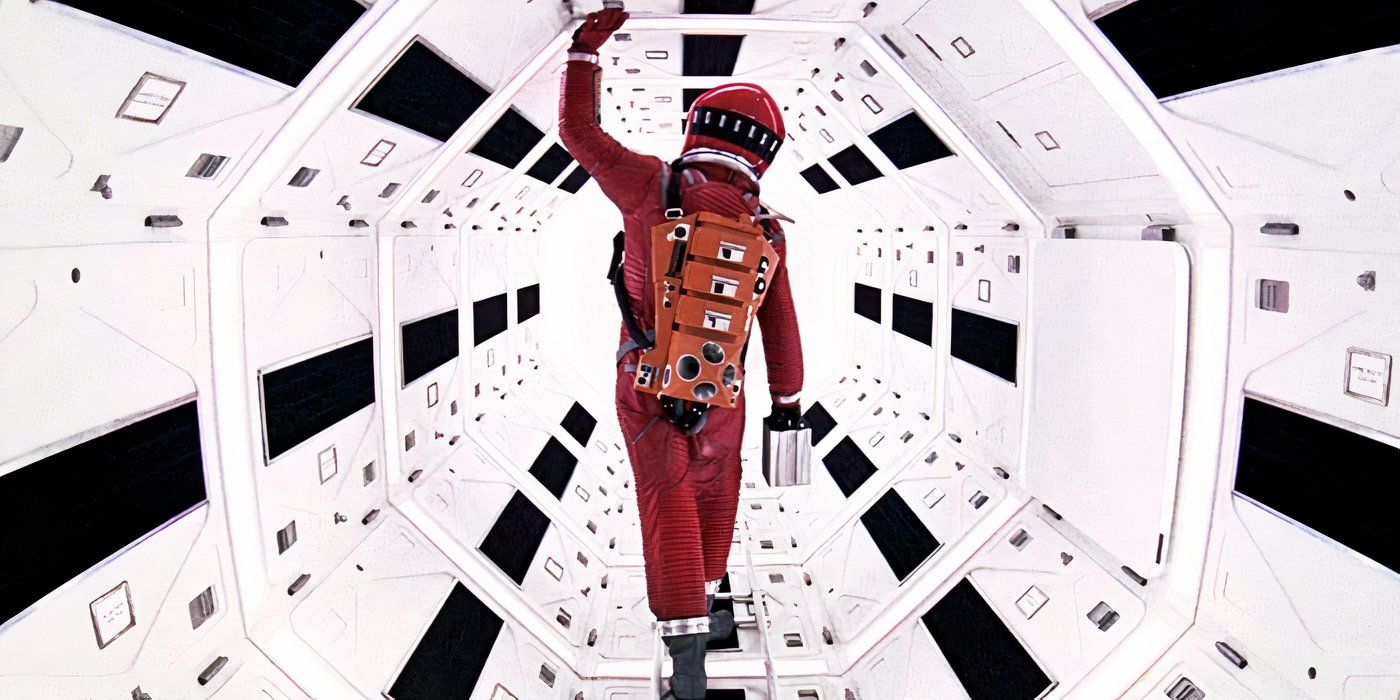
Back in 2018, over half a year since production began on Avatar: The Way of Water, Cameron, in an interview, mentioned that one of the films that inspired him to take up sci-fi filmmaking was 2001: A Space Odyssey. However, he says that as the film failed to engage him emotionally. Calling it sterile, he explains that he only finds the film inspiring as a work of art and doesn't like it due to its lack of emotional stakes.
“It’s not a film that I like; it’s a film that I love. When I say I don’t like it, it’s that I don’t like the feel of the film. I don’t like its sterility. I like a film with a little more emotional balls, just as a movie, to get involved in. But as a work of art, I love (2001). It had an had an enormous, enormous impact on me, at a certain point.” – James Cameron
While he might sound harsh to fans of what is arguably the greatest sci-fi movie ever made, there is some truth to Cameron's words. 2001: A Space Odyssey is a movie to avoid if you're nervous about AI, because it has a great AI villain in Hal 9000. Yet, the stakes aren't emotionally charged, as the film is very cold and clinical in its execution. It is a masterpiece on a technical level, and fewer films have challenged the boundaries of filmmaking like 2001: A Space Odyssey did, but someone looking for heart in the film will undoubtedly be disappointed.
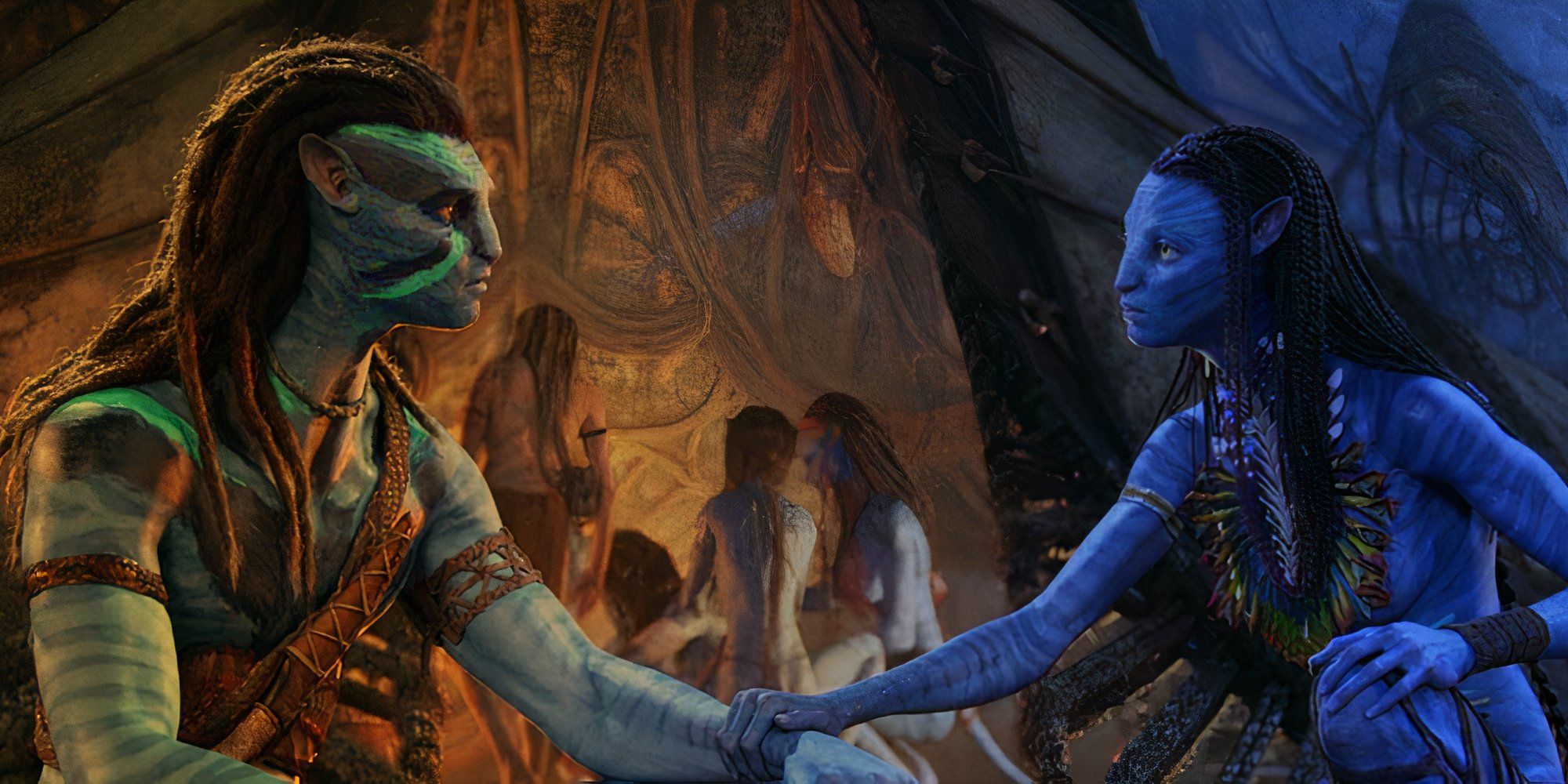
James Cameron's own filmography as a director might further explain his comments on Kubrick's seminal film. From Aliens to Terminator 2: Judgment Day, not only do Cameron's sci-fi films challenge the limits of the genre, but they also have heartening storylines about . Cameron is an earnest filmmaker who wears his heart on his sleeve, and his movies reflect his love for emotional stakes, which 2001: A Space Odyssey largely lacks.
Even James Cameron's biggest non-sci-fi movie, Titanic, is famously one of the most romantic dramas of all time.
James Cameron's Avatar: Fire and Ash will be the third movie in his most successful and biggest franchise in the sci-fi genre, and one can be certain of two things – the characters will face personal stakes and the movie will push the boundaries of sci-fi filmmaking. Avatar's biggest selling point is that, alongside changing how gorgeous CGI can look, it follows the protagonist through his journey of trying to protect the people he loves after he has a change of heart about his mission.
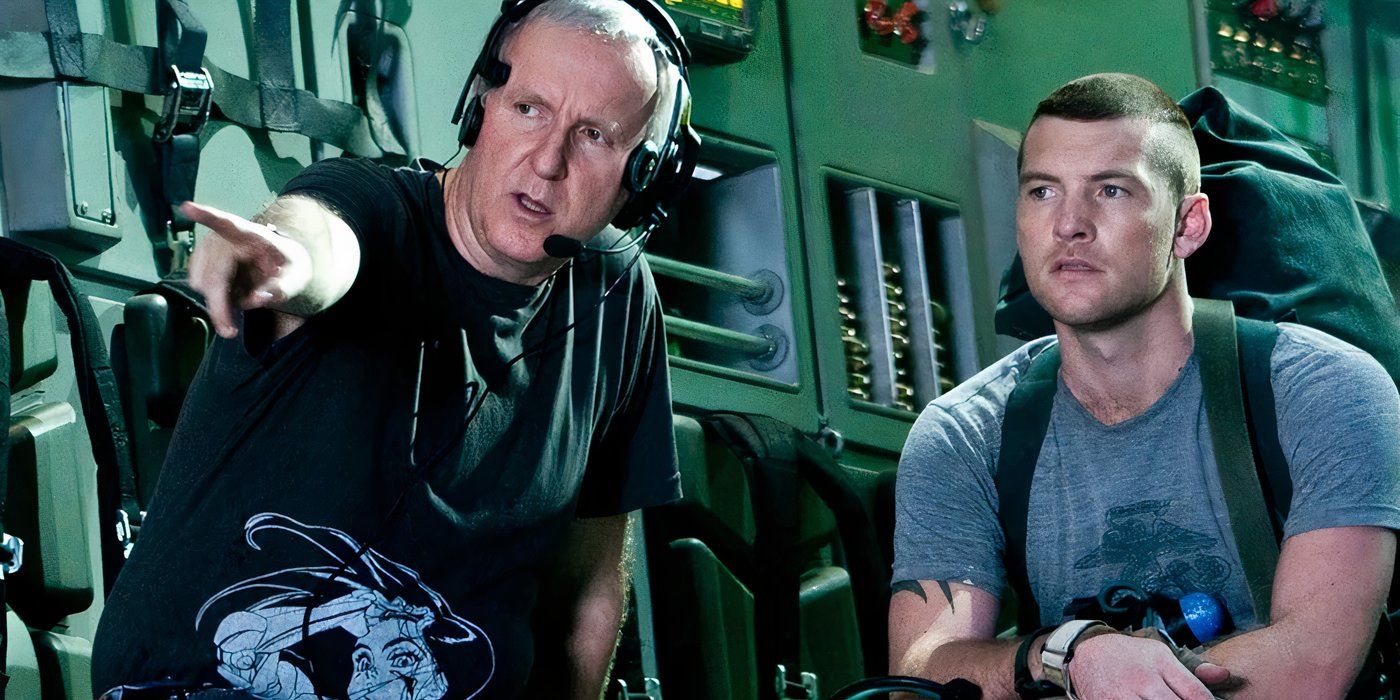
Irrespective of its ability to elicit an emotional reaction, Kubrick's 2001: A Space Odyssey undoubtedly changed the face of sci-fi filmmaking, with its , using special effects, the likes of which most filmmakers in the '60s and '70s couldn't even conceive of. In a similar fashion, James Cameron has pushed the limits of sci-fi filmmaking, mostly with his Avatar movies, but also with movies like The Terminator.
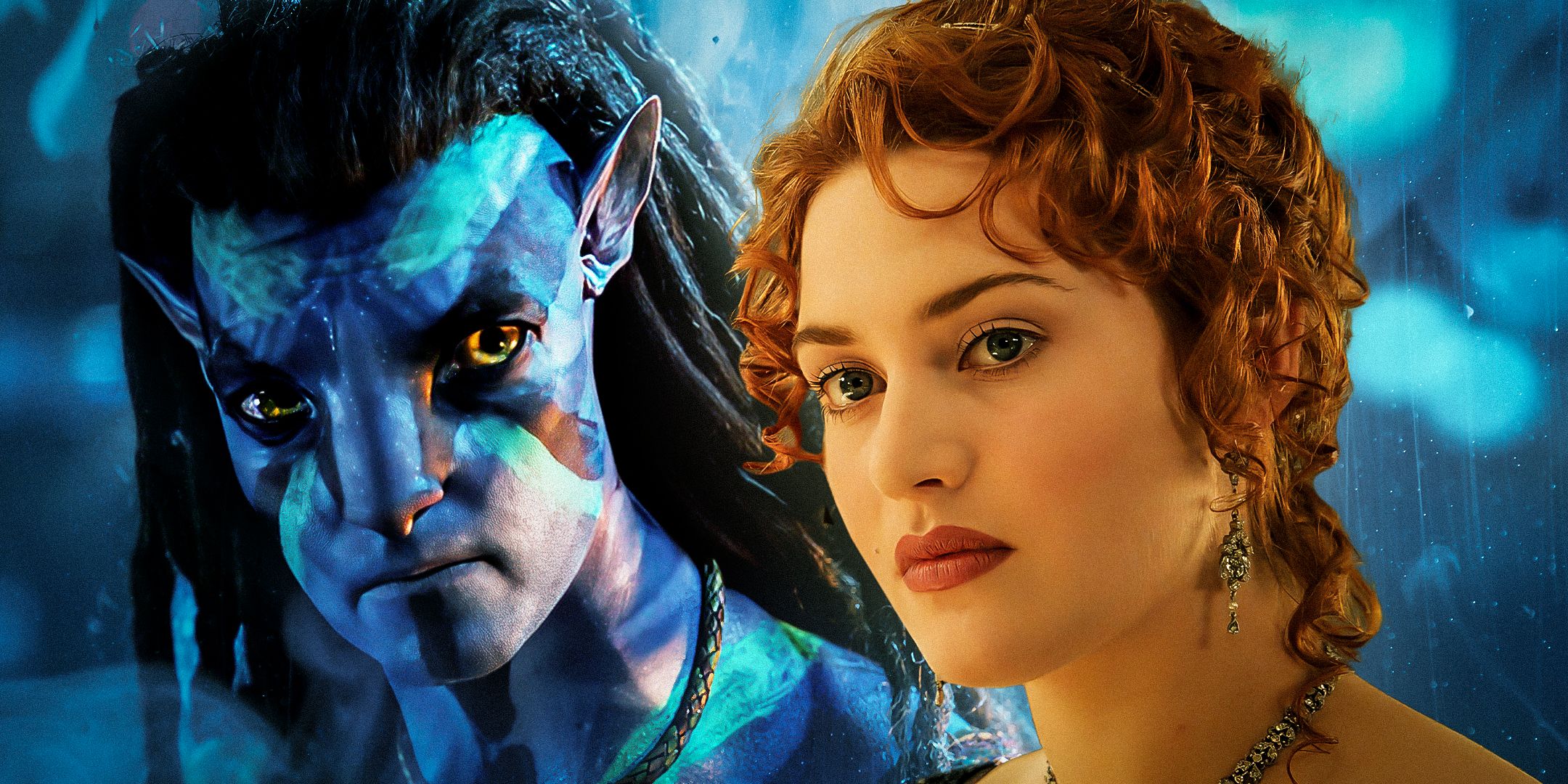
Related
10 Best Special Effects Scenes In James Cameron Movies
James Cameron's movies have been defined by their stunning use of visual effects, & the most impressive feats will be remembered for years to come.
The Terminator introduced the trope of an AI villain who could learn to become empathetic if given the opportunity. Aliens further developed Ellen Ripley as a groundbreaking female movie character who helped reshape genre expectations. Meanwhile, the Avatar movies have changed how expansive and gorgeous CGI special effects can be, and also pushed the limits on action sequences, much like Cameron's other action franchise movies. It wouldn't be an exaggeration to say that James Cameron has changed Hollywood throughout his career.
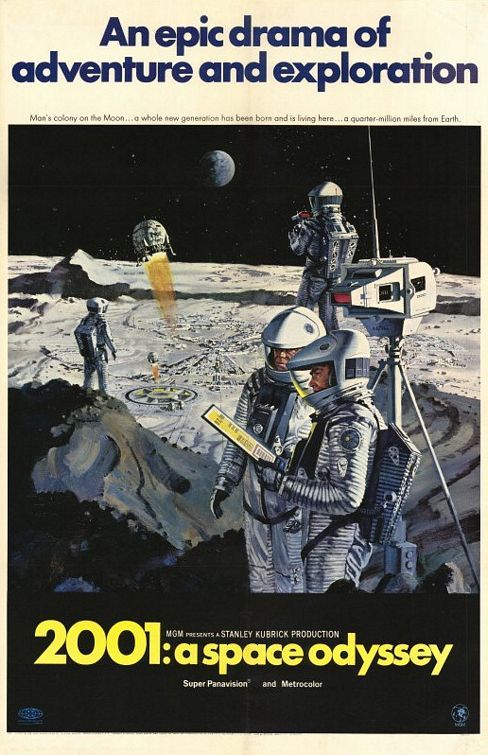
2001: A Space Odyssey is one of Stanley Kubrick's most well-known films. A science-fiction epic, the film tells the story of the journey of Discovery One, a spacecraft operated by a group of scientists, astronauts, and a sentient computer, on a mission to Jupiter to investigate a mysterious monolith. Considered one of the greatest films ever made, Kubrick combines sparse dialogue with the heavy use of scoring and ambiguous imagery to create something that eschews conventional filmmaking.
- Keir Dullea, Gary Lockwood, William Sylvester, Daniel Richter, Leonard Rossiter, Margaret Tyzack
- 149 minutes
- Stanley Kubrick
- Stanley Kubrick, Arthur C. Clarke












